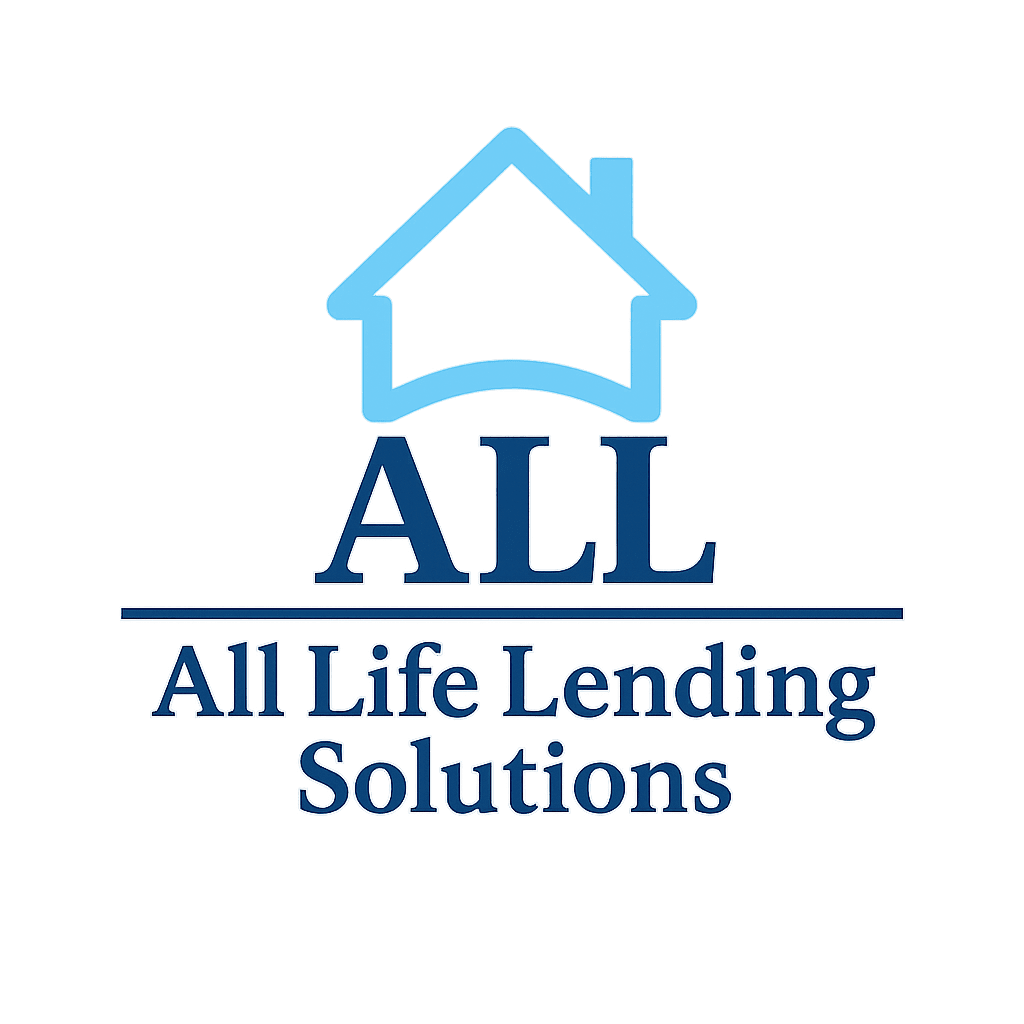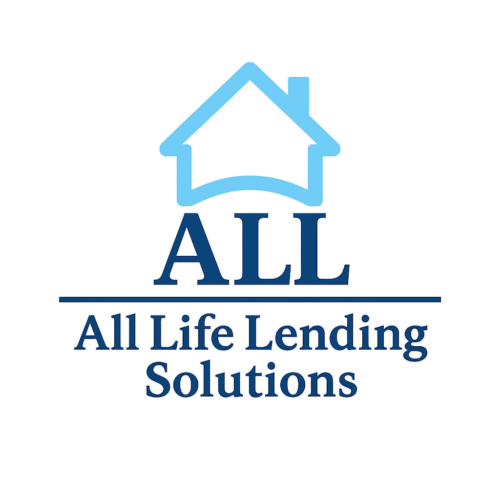What Is a Self-Employed Home Loan?
A self-employed home loan is a mortgage designed for individuals who run their own business, freelance, or work as contractors. Unlike PAYG employees, self-employed borrowers must prove their income stability through alternative documentation.
Common Self-Employed Home Loan Requirements
When applying for a home loan as a self-employed borrower, lenders will likely ask for:
-
An ABN (Australian Business Number) registered for at least 2 years
-
Personal and business tax returns from the last 2 years
-
Profit & loss statements and balance sheets for the most recent 2 years
-
Details of external liabilities (e.g., leases, overdrafts, hire purchases, business loans)
-
1 month of business bank statements
What If You’ve Been Self-Employed for Under 2 Years?
If your business is less than two years old, most lenders will view your income as less stable. However, you still have options:
-
Show you’ve worked in the same industry for over 2 years
-
Provide former payslips, employment references, or industry certifications
These steps help demonstrate your earning consistency before launching your business.
Low Doc Loans: An Alternative for Self-Employed Borrowers
A low documentation (low doc) loan is tailored for self-employed individuals who cannot provide traditional proof of income. Instead of full tax returns, you might use:
-
BAS statements
-
Accountant declarations
-
Business activity statements
-
Bank statements
Pros and Cons of Low Doc Loans
Pros:
-
Easier access for business owners
-
Flexible documentation requirements
Cons:
-
Higher interest rates
-
Lower maximum loan-to-value ratios (LVRs)
-
Fewer lenders offering this product

